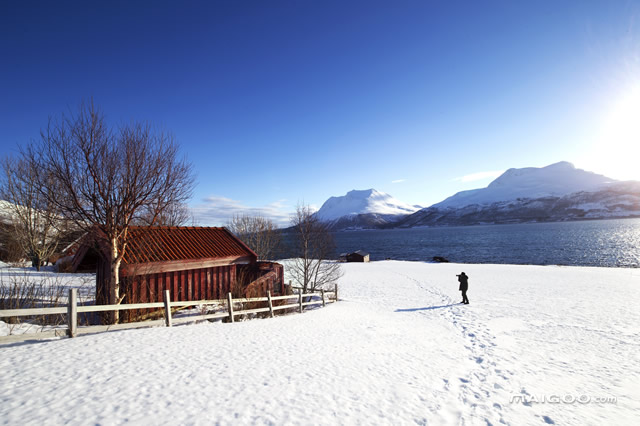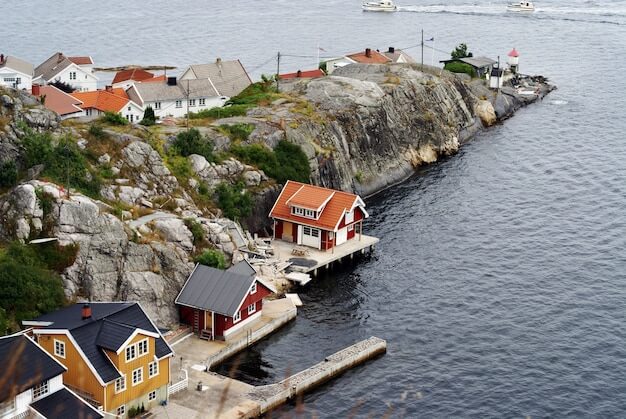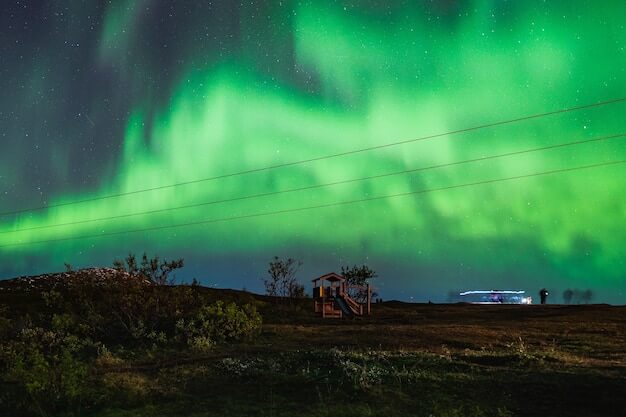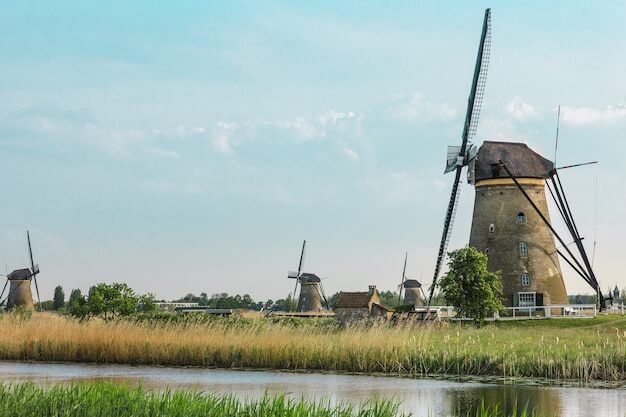S
The happiness index is an index to measure people's feelings and experience of their own survival and development, that is, people's happiness. Although everyone's understanding of happiness is different, such factors as per capita GDP level, social security, life expectancy, people's trust in the government, government integrity, national education level, employment rate and so on constitute the happiness of the whole city or country.
Finland

Finland is a highly developed capitalist country, as well as a highly industrialized and liberalized market economy. Its citizens enjoy a high standard of quality of life. The Finnish government's civil servants are clean and efficient, and have formed a broad consensus in the society. Finland has about 179000 islands and 188000 lakes, so it is known as "the country of thousands of lakes". The forest coverage rate is as high as 75.3%, about 22.7 million hectares, 4.34 hectares per capita, and the timber storage volume is 2.2 billion cubic meters.
Australia
Australia is a highly developed capitalist country, with many unique animals, plants and natural landscapes. It is a multicultural immigrant country. Australia's population is highly urbanized. Nearly half of its citizens live in Sydney and Melbourne. Many cities in the country have been rated as one of the most livable places in the world. The coastal area is full of broad beaches and lush vegetation. In the east coast, there is the world's largest coral reef - the Great Barrier Reef. The average annual temperature of the whole Australia is 27 ℃ in the north and 14 ℃ in the south.
Canada

Canada is a highly developed capitalist country. Thanks to its rich natural resources and highly developed technology, Canada has become one of the countries with the highest standard of living, the richest society and the most developed economy in the world. Canada ranks top in the international rankings of education, government transparency, social freedom, quality of life and economic freedom. The forest coverage accounts for 44% of the total area of the country, ranking sixth in the world.
Iceland

Iceland is a highly developed capitalist country, and its citizens have Nordic welfare systems such as health insurance and higher education provided by the state. Iceland is the least populous member of NATO and the only country without a standing army. Only the Coast Guard undertakes the defense task. Iceland is deeply affected by the North Atlantic Warm Current, which flows mainly from its south, and a branch bypasses its west and north. So although it is located near the Arctic Circle, the temperature in winter is not low, and the temperature in summer is between 7-12 ℃. Iceland is the country with the most hot springs in the world, so it is called "the country of ice and fire".
Denmark

Denmark is a highly developed capitalist country and is also a founding member of NATO and one of the member states of the European Union. The country has an extremely perfect social welfare system, a highly developed economy, a narrow gap between the rich and the poor, and a high quality of life for its citizens. Due to the influence of the south-west wind blowing from the Atlantic Ocean, the climate in Denmark is warm in winter and cool in summer. The average temperature in the hottest July is only 15 to 17 degrees. The main tourist attractions include Copenhagen, Andersen's hometown - Odense, Lego Building City, the west coast of the Jutland Peninsula and Skayan, the northernmost corner, etc.
Norway

Norway is a highly developed capitalist country and one of the richest countries in the world today. Norway is also one of the pioneers in creating a modern welfare state. Every citizen is a member of the national welfare and labor insurance organization, and enjoys a wide range of economic assistance such as medical care, pension, disability benefits, etc. In addition to the child support fee that every family can receive, the holiday regulations related to women's production are also very broad. More than 90% of children go to public schools for free, and the required period is nine years, but everyone has the right to continue to study. Norway has been rated as the most livable country by the United Nations for six consecutive years since 2001.
Netherlands

The Netherlands is a highly developed capitalist country, famous for its seawalls, windmills, tulips and tolerant social ethos. Its laws on drugs, sex trade and abortion are the most liberal in the world. The Netherlands is the first country in the world to legalize same-sex marriage and euthanasia. The Netherlands is known as "the country of flowers", and the most famous flower is tulip.
Sweden
Sweden is a highly developed capitalist country. It is considered to have a tendency of social liberalism and to strive for equality. It has set up many social welfare systems, and generally ranks top in the human development index of the United Nations Development Programme. It has 15 world cultural heritages, with a forest coverage of 54%. Affected by the Atlantic warm current, Sweden is close to the sea, with mild and rainy winter. The average temperature in July is 14.2 ℃ in the north and 17.2 ℃ in the south.
Switzerland
Switzerland is a highly developed capitalist country. It is also one of the richest countries in the world, with the most stable society, the most developed economy and the highest standard of living. It is rich in tourism resources and has a good reputation as a world park; Its per capita GDP has always been among the top in the world. Switzerland is also one of the most stable economies in the world. The long-term nature of its policies, safe financial system and bank secrecy system make Switzerland a safe haven for tax investors.
New Zealand
New Zealand is a highly developed capitalist country and one of the most beautiful countries in the world. In total, about 30% of the land is protected areas. It has 3 world heritage sites, 14 national parks, 3 marine parks, hundreds of nature reserves and ecological areas. In 2018, New Zealand was rated the cleanest country in the world by the United Nations.











